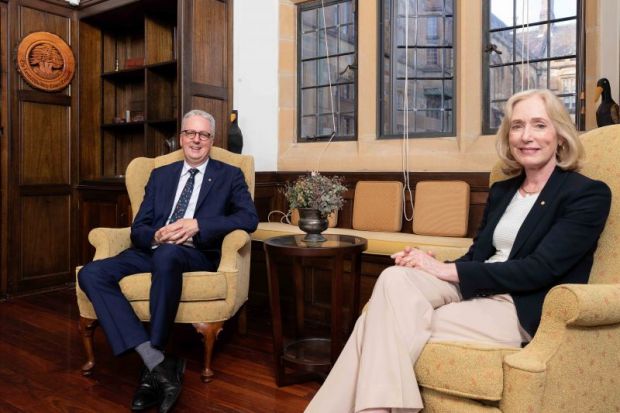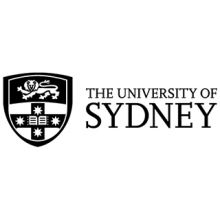The University of Sydney has set the earnings of its new leader below the A$1 million (£556,000) mark, in a sign that seven-figure vice-chancellor pay packets could be a thing of the past.
The university said that Mark Scott, who assumes office in July, would earn a base salary of A$840,000. With A$142,800 in superannuation, his “total fixed package” will reach A$982,800, although he could also pocket a bonus worth up to 20 per cent.
Nevertheless, his income will fall well short of predecessor Michael Spence’s pay of more than A$1.6 million in 2019, the last year for which institutional accounts are available – and the year that the average Australian vice-chancellor’s remuneration rose above A$1 million.
The lowest 2019 income of any institutional head in the Group of Eight, which includes Sydney, was about A$1.1 million. But most Australian university bosses took 20 per cent pay cuts last year amid the pandemic.
Mr Scott declined to say whether he thought seven-figure salaries were inappropriate for university leaders, but acknowledged that the topic generated debate. He said that Sydney had a new remuneration framework that covered the vice-chancellor’s role, and aimed to reflect the complexity of leading a “large, complex, multifaceted, multibillion-dollar corporation”.
Mr Scott has headed the New South Wales Department of Education since 2016. Before that, he spent a decade as managing director of the national public broadcaster, the ABC.
While governing council members say that universities must offer corporate-scale salaries to attract internationally competitive candidates, the evidence for salary as a strong recruitment motivator is unconvincing.
Dr Spence, who was Australia’s highest paid vice-chancellor in 2019, now earns less than half that figure as UCL president. Murdoch University vice-chancellor Eeva Leinonen, whose earnings nudged A$1 million in 2019, has accepted the presidency of Ireland’s Maynooth University – a role with the considerably smaller salary of €191,278 (£163,792) in 2018-19, according to Maynooth’s latest financial statement.
Sydney’s interim vice-chancellor Stephen Garton was grilled about his salary during a Senate inquiry into underpayment at universities. He said that he earned more than A$900,000, having taken a 33 per cent pay cut when he accepted the role.
Green senator Mehreen Faruqi asked whether it was “fair and reasonable” for Australian vice-chancellors to be among the world’s highest paid while they presided over “rampant casualisation” and staff underpayment. Professor Garton said that it was impossible to mount a convincing defence of vice-chancellors’ salaries in the Australian political context, because of critics’ implicit “assumptions”.
“Why is Australia so obsessed with vice-chancellor salaries? Why is the UK so obsessed? [In the] US, it’s completely irrelevant. The president of Harvard gets paid a humongous amount and no one ever bats an eyelid. The presidents of large public land-grant universities in the US get paid very significant amounts. Their advantage is [that] the basketball and football coaches get paid more than the president,” Professor Garton said.
Professor Garton said there was a widespread view that university leaders should earn amounts akin to the heads of government departments. “But we only get 27 per cent of our budget from the commonwealth government direct. We are large businesses…and we get paid much less than CEOs of large public companies.”
A social historian who has authored a book about Australian welfare recipients, Professor Garton said that he had experienced the low end of university pay scales decades ago as a casual academic and an animal shelter attendant in Sydney’s veterinary teaching hospital. “[I was the] lowest paid member of staff ever in the history of The University of Sydney,” he said.
Register to continue
Why register?
- Registration is free and only takes a moment
- Once registered, you can read 3 articles a month
- Sign up for our newsletter
Subscribe
Or subscribe for unlimited access to:
- Unlimited access to news, views, insights & reviews
- Digital editions
- Digital access to THE’s university and college rankings analysis
Already registered or a current subscriber? Login










